
In today’s world, everybody wants to work with data and there are tons of opportunities out there. If you are a fresher and Data Science is the career option that you have decided, the following are some of the common mistakes committed by beginners. You can accelerate your career by avoiding them –
Filling pages but not running codes
Theoretical knowledge is important only as much as it translates into practical applications. If you don’t practice on real-life problems using the concepts you learn in your courses – offline or online, they will remain only concepts. Learn the basics of theory and move ahead. You can fill in the gaps as and when you move forward. For better memory of the concepts too, it requires practice and what better way to do it other than creating a new application. This gives you hands-on experience in tackling problems that you wouldn’t have known earlier.
Coding too many algorithms from scratch
Most of the data science beginners are very enthusiastic about creating everything from scratch because they take it as a learning experience. This is cumbersome and consumes energy in the wrong areas. Even if you are looking to build an algorithm, make sure it is for practice. Make use of the inbuilt libraries out there in R or Python or SAS, whichever language you are using.
Jumping into advanced topics, e.g. deep learning, too quickly
Most of the non-technical students get attracted to the Data Science topic by the lucrative pay and the cool robots or good predictive models that one might have come across. To get there, there is a long road that needs to be mastered first. It’s important to understand the fundamental principles of Machine Learning which include mathematical skills in Linear Algebra, Calculus, Statistics, and Probability.
Relying too much on degrees
Although it’s a pet peeve for most of the recruiters, it is also of the assumption that it is easy to train them (candidates with degree) than people who don’t have one. Certification and degrees are valuable but relying only on them will be a recipe for disaster. Most of the students with certifications also end up creating real-time applications or projects that will stand out. Look out for internships, freelancing projects, or work in a start-up, or pick up already built projects and try building them again
Coding is just an added advantage
Assuming that coding is a prerequisite for performing data analysis is a myth. Everyone has special skills and one can hone them to use the tools (Rapidminer, Tableau, Knime, and of-course Excel and many more) that allow you to perform extensive functions without actually coding it all. Coding is definitely an added advantage for performing complex functions for which automatic tools are not available.
Job search
Your resume should be KISS – Keep it Short and Simple. Adding too much technical jargon may not reflect actual skills at large. This may also increase the expectations of the interviewer from you. Instead of simply listing out the tools or libraries that you have used, it is much preferred if you would show what you created using those skills. LinkedIn is also considered a holy grail for data science recruiters. If you are seriously looking at landing a good job, make sure what you write in your profile in there.
Do not search narrowly for jobs
Going just by the title of the job rather than the skills you will use, the experience you will gain, and the future prospects are rather dangerous. Look deeply into the related fields performing similar functions, wider industry exposure, and company background. Many organizations may not offer a “Data scientist” role that doesn’t mean they won’t give you a good learning experience if you join.
Neglecting communication skills
Even though the job description might talk about all technical –data mining, algorithms, data analysis but communication is the hidden job description in a Data Science role. The business strategy majorly depends on how its data science employees convey the insights and pain points in a language everyone else understands. More often than not, they present their analysis – all graphs, diagrams, visualizations to the team who do not have technical skills – like HR or operations.
Underestimating the value of domain knowledge
While working as a data scientist you must know and understand the basic functioning of the domain, to be able to take valuable decisions. To be able to choose the right parameters for modeling, where data science can be used for improving business, how data science is changing the other players in the market are all relevant information that a data scientist should be aware of.
Having patience and zest to consistently learn from your senior colleagues, or experienced friends will also help you to choose the right direction for learning.

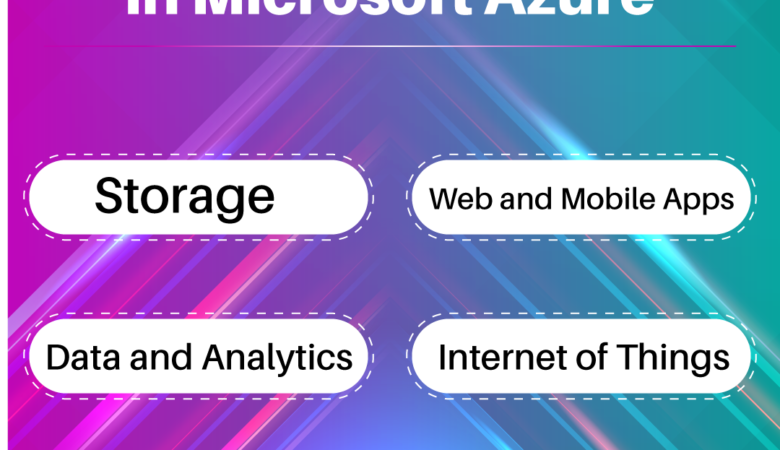

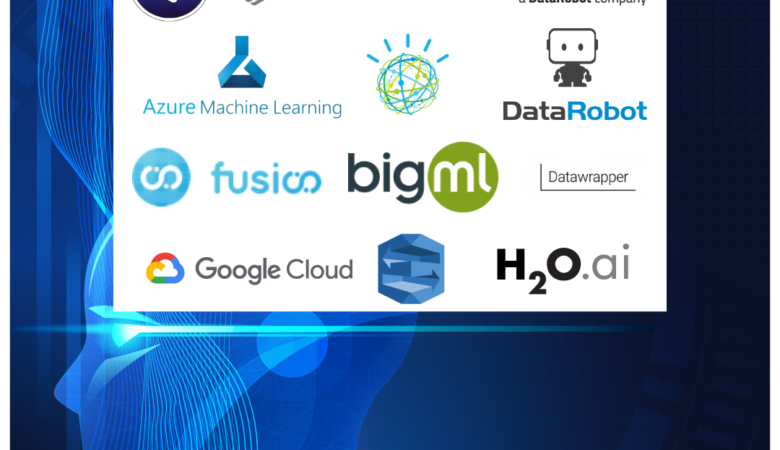
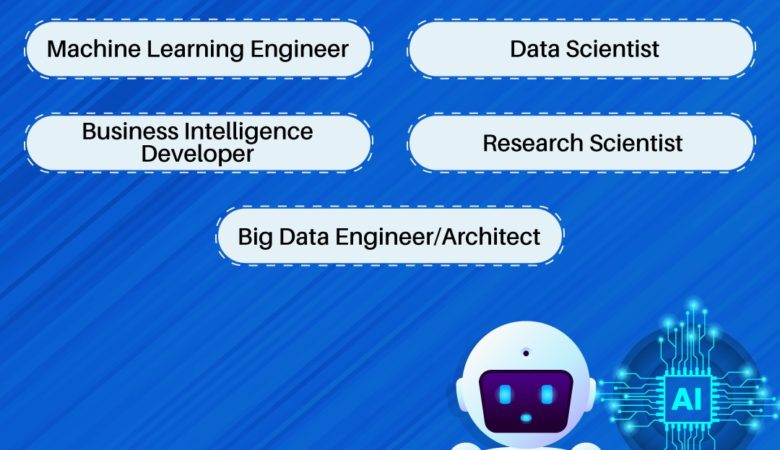

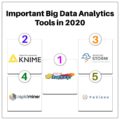
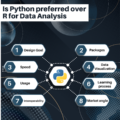
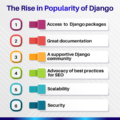
Leave a Reply